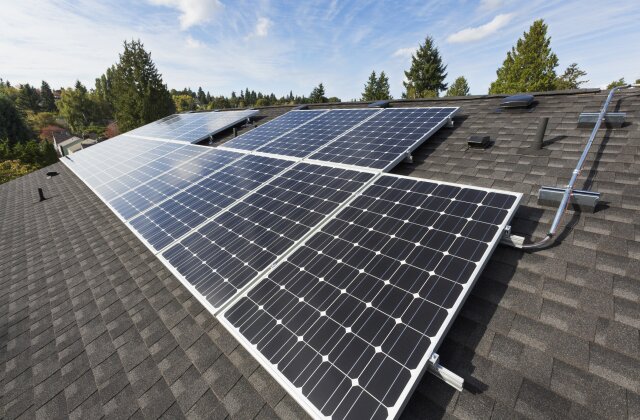Energy optimizing refers to the process of improving energy efficiency and minimizing energy waste to achieve maximum output or performance using the least amount of energy. It involves managing and utilizing energy resources more effectively and sustainably, often through the adoption of advanced technologies, strategic practices, and behavioral changes.
Key Concepts in Energy Optimizing:
- Energy Efficiency: Using less energy to perform the same task or achieve the same outcome. For example, replacing incandescent bulbs with LED lighting.
- Demand-Side Management: Controlling and reducing energy consumption during peak times, often using smart grids and time-of-use pricing.
- Renewable Integration: Incorporating renewable energy sources like solar or wind into systems to reduce reliance on fossil fuels.
- Energy Storage: Using batteries or other storage systems to store excess energy during low demand and utilize it during high demand.
- Monitoring and Automation: Leveraging smart meters, IoT devices, and automated systems to track and optimize energy usage.
- Behavioral Changes: Encouraging individuals and businesses to adopt practices that conserve energy, such as turning off unused appliances.
Examples of Energy Optimizing Applications:
- Residential Settings: Using smart thermostats, energy-efficient appliances, and solar panels to reduce utility bills.
- Industrial Operations: Optimizing machinery and processes to reduce energy consumption without compromising productivity.
- Transportation: Implementing electric vehicles and optimizing routes to minimize fuel usage.
- Buildings: Employing green building techniques like better insulation, efficient HVAC systems, and natural lighting.
Benefits of Energy Optimizing:
- Cost Savings: Reducing energy bills by improving efficiency and cutting waste.
- Environmental Impact: Lowering carbon emissions and mitigating climate change.
- Resource Conservation: Preserving non-renewable energy resources for future generations.
- System Reliability: Reducing strain on power grids and preventing outages.
- Enhanced Productivity: Achieving the same or better outcomes with fewer resources.
In essence, energy optimizing is a key strategy for achieving sustainability and energy independence in both personal and organizational contexts.

